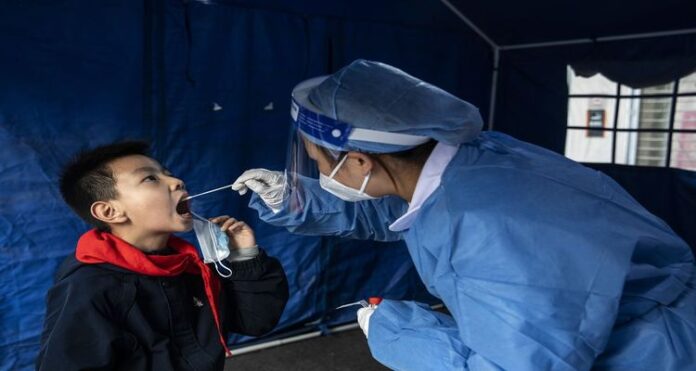| Translate This News In |
|---|
According to Liang Wannian, head of an expert group on COVID-19 prevention, it is still too early for China to consider relaxing its stringent coronavirus restrictions because the highly infectious Omicron strain is still capable of causing large numbers of deaths.
In an interview with China’s state broadcaster CCTV on Wednesday, Liang described China’s so-called “dynamic clearance” strategy as a “magic weapon,” adding that “coexisting” with the virus was still not an option. He stated that Omicron was still significantly more lethal than influenza and could put a significant strain on the country’s medical resources.
“In these circumstances, if we relax just a little, the likelihood of a single individual experiencing severe signs or dying will be low, but multiplied by 1.4 billion, it will be a huge amount,” he said.
Chinese medical experts have openly debated the efficacy and economic impact of the country’s ‘dynamic clearance’ policies, which aim to cut off transmission routes as soon as new cases are detected.
While foreign analysts believe the ‘zero-COVID’ approach will harm economic growth this year, Chinese experts say that while lockdowns disrupt individual communities or cities, they also allow the rest of the economy to function without fear of further outbreaks.
Zeng Guang, the former chief epidemiologist with the Chinese Center for Disease Control and Prevention, said in comments published on the Twitter-like Weibo platform on Monday that ‘dynamic clearance’ policies would not be in place indefinitely.
China would seek a “flexible and controllable opening-up,” he said, despite the fact that the current risks were significant.
“A Chinese-style roadmap for coexisting with the virus will present itself not far in the future, at an appropriate point in time,” he said.


















